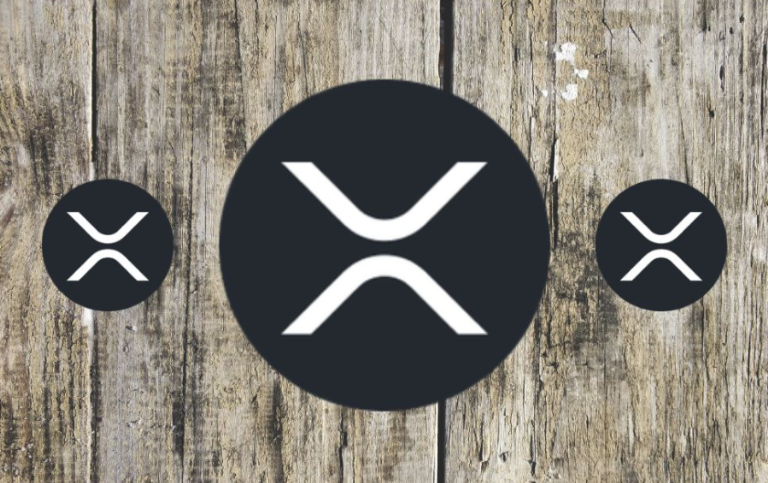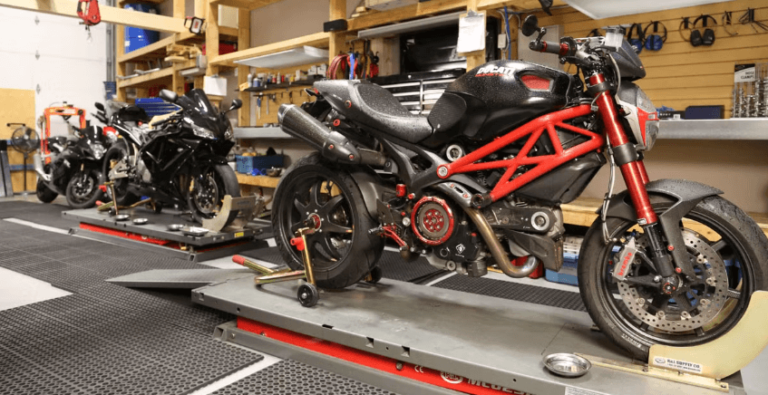What Credit Score Is Needed to Buy a Motorcycle?
If you’re thinking about buying a motorcycle, your credit score could play a major role in what kind of financing options are available to you. Much like purchasing a car, most buyers don’t pay in full up front and instead apply for a loan. But what kind of credit score do you need to qualify for a motorcycle loan? And how can you improve your chances of getting approved?
This blog will walk you through everything you need to know about credit requirements, how loans work, and how to prepare for financing at a motorcycle dealership or through a lender.
Do You Need Good Credit to Finance a Motorcycle?
While having a strong credit score certainly helps, it’s not the only factor lenders consider. That said, your credit score can directly impact:
- Your loan approval
- The interest rate you receive
- The amount you’re eligible to borrow
- Whether you’ll need a down payment
A high score generally means lower interest rates and better loan terms. A lower score might still get you approved, but often with higher rates or stricter requirements.
What Is the Minimum Credit Score to Buy a Motorcycle?
There’s no universal minimum, but most lenders group credit scores into tiers:
- Excellent (720 and above): You’ll likely qualify for the best rates and have access to the most flexible terms.
- Good (660–719): Still a strong score, and most lenders will offer you competitive interest rates.
- Fair (580–659): Approval is possible, but you may face higher interest rates and might need to make a larger down payment.
- Poor (below 580): Some lenders or dealers may still work with you, but expect stricter terms and possibly a cosigner requirement.
In general, a credit score of at least 660 is recommended if you’re looking for decent loan terms without paying more in interest than necessary.
See also: Strengthening Your Business With Bookkeeping 8324469731
What Affects Your Ability to Get a Motorcycle Loan?
While your credit score is important, lenders also look at several other financial factors:
Debt-to-Income Ratio (DTI)
Your DTI compares how much debt you have to your monthly income. A lower DTI suggests that you’re more likely to manage additional debt responsibly.
Employment and Income
Lenders want to know that you have a steady income and can afford the loan payments. Be ready to provide proof of income or recent pay stubs if requested.
Down Payment
A larger down payment lowers the amount you need to borrow, which may increase your chances of approval—especially if your credit score is below average.
Credit History Length
If you’ve had credit for several years and managed it well, lenders may feel more confident in offering you favorable terms.
Should You Finance Through a Dealership or a Lender?
You can secure motorcycle financing through a bank, credit union, online lender, or directly at the motorcycle dealership. Each option has its pros and cons:
Banks and Credit Unions
Banks and credit unions often offer competitive rates, especially if you’re already a customer. Credit unions, in particular, may be more flexible with credit requirements.
Online Lenders
Online lenders offer convenience and quick approvals, but it’s important to compare terms carefully. Some lenders specialize in loans for borrowers with fair or poor credit.
Dealership Financing
Financing through a motorcycle dealership can be convenient, especially if they offer promotional rates or manufacturer-backed financing options. However, be aware of potential markups or limited loan flexibility. It’s smart to get pre-approved from an outside lender first so you can compare offers.
How to Improve Your Credit Before Applying
If your score isn’t where you want it to be, there are a few steps you can take to improve it before applying:
Pay Down Existing Debt
Lowering your credit card balances can have a quick and positive effect on your credit utilization ratio, which makes up a significant portion of your score.
Make On-Time Payments
Consistent, on-time payments are one of the most important factors in building credit. If you have missed payments, try to catch up and stay current.
Check for Errors
Review your credit report to make sure there are no mistakes or fraudulent accounts. Disputing errors can improve your score quickly.
Avoid Opening New Accounts
Opening multiple new credit lines before applying for a motorcycle loan can reduce your average account age and trigger hard inquiries, both of which may temporarily lower your score.
Can You Get a Motorcycle Loan With No Credit?
It’s possible, but not always easy. If you have no credit history, you may need a cosigner or be required to make a larger down payment. Some lenders specialize in loans for borrowers with little to no credit history, but be prepared for higher interest rates.
In these cases, financing through a motorcycle dealership may also be an option, though terms may vary. You’ll likely be asked to prove steady income, provide references, and demonstrate your ability to repay the loan.
Tips for Getting Approved With a Lower Score
Even if your credit score isn’t perfect, you may still qualify with the right strategy:
- Shop around: Get quotes from multiple lenders to compare rates and terms.
- Consider a cosigner: A cosigner with good credit can help you secure a better loan offer.
- Offer a larger down payment: Reduces the amount you need to borrow and can make your application more appealing.
- Choose a more affordable bike: Lower loan amounts are easier to get approved for.
- Focus on reputable lenders: Work with institutions that have experience in motorcycle loans or powersports financing.
What About Buy-Here, Pay-Here Dealerships?
Some dealerships offer in-house financing for customers with poor or no credit. While this can be a way to get on the road quickly, interest rates may be high, and the terms might not be ideal. Make sure to read the contract carefully and understand your obligations before committing.
Final Thoughts
Your credit score has a major impact on your ability to buy a motorcycle, but it’s not the only factor lenders consider. A strong financial profile, steady income, and smart shopping strategies can help you get approved—even if your score isn’t perfect.
While a score in the 660+ range will open the door to better interest rates and flexible loan terms, options still exist for those with lower credit. The key is preparation—know your score, understand your budget, and compare lenders before making a final decision.
Buying a motorcycle should be an exciting experience, not a financial burden. With the right research and planning, you can find the right bike and a loan that fits your needs—whether you finance through a lender, credit union, or a trusted motorcycle dealership.



